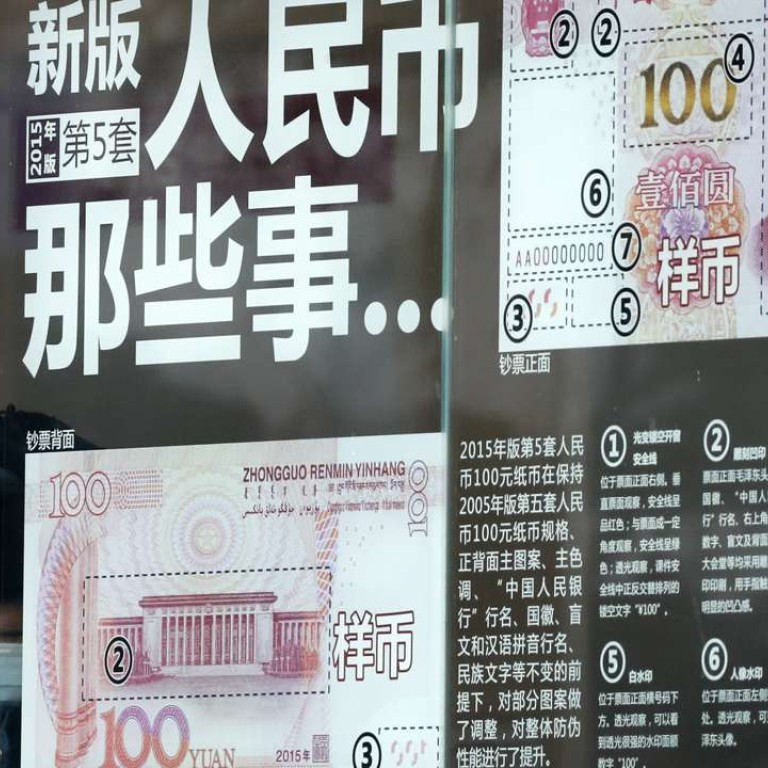
China steps up scrutiny on individual forex purchases in the new year
China’s foreign exchange regulator said it would step up scrutiny on individual foreign currency purchases and strengthen punishment for illegal money outflows from January 1.
But it said the $50,000 annual individual quota would remain unchanged.
The announcement by the State Administration of Foreign Exchange (SAFE) late during the weekend comes amid worries that the yuan, which fell nearly 7 per cent against the dollar in 2016, could face renewed pressure in the new year as foreign currency buyers start afresh with a new $50,000 annual quota.
Starting January 1, Chinese individuals who want to buy foreign currencies at banks must first fill out an application form specifying the purpose of the purchase, among other information. SAFE will examine such information and data more closely and frequently, according to a statement on SAFE’s website.
Previously, China’s reporting system for individual forex purchases was too simple, and outdated, leaving loopholes that facilitated illegal money transfers and money-laundering, SAFE said.

“Such transactions disrupt normal market order, and erode the interests of those foreign currency buyers who abide by the rules,” SAFE said.
Individuals caught breaking the rules will be put on a “watch list”, and restricted, or banned from buying foreign currencies “for a certain period of time”, and the record will be uploaded into their personal credit-scoring systems, SAFE said.
SAFE advised people against buying foreign currencies blindly, arguing that investing overseas could be risky.
“Currently, interest rates in major developed economies are at a low level,” SAFE said.
“In addition, the international forex market is volatile, but the yuan’s effective exchange rate is basically stable, and the currency fluctuates sideways against the US dollar. So holding foreign currency assets carries big uncertainty and risks.”
In 2016, the yuan posted its biggest annual loss against the dollar since 1994, making it the worst performing major Asian currency during the year.
Meanwhile, a central bank adviser told the official Xinhua news agency in comments published on Sunday that Chinese government should set a more flexible target for economic growth this year to give more space for reform efforts,
China’s economy grew 6.7 per cent in the third quarter from a year earlier and looks set to achieve the government’s full-year forecast of 6.5-7 per cent, buoyed by higher government spending, a housing
Huang Yiping, a monetary policy committee member of the central People’s Bank of China and Peking University professor, told Xinhua that China’s GDP growth target range should be 6-7 per cent for this year, compared with 6.5-7 per cent in 2016.
“The 6.5 per cent target is just an average rate,” Huang said. “As long as employment is stable, a slightly wider growth target range in the short term will reduce the need for pro-growth efforts and give policy makers more room to focus on reforms.”

